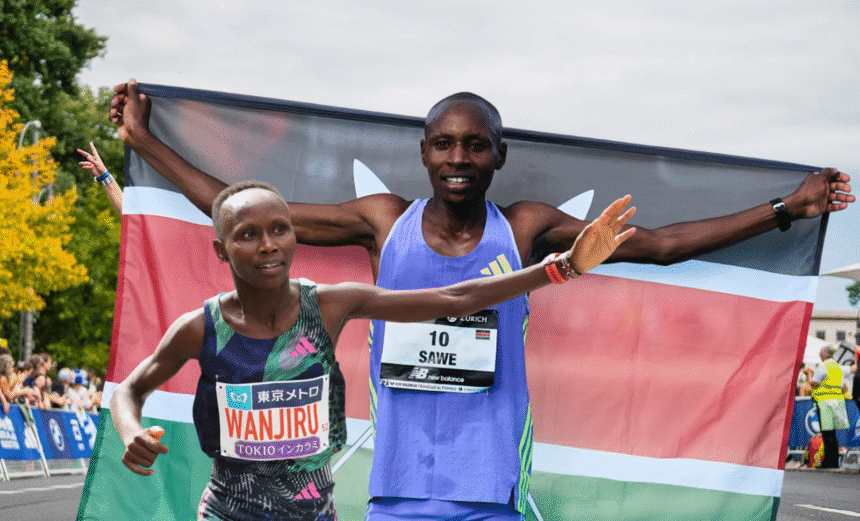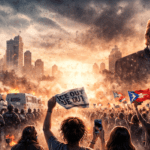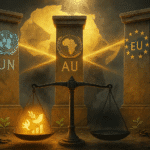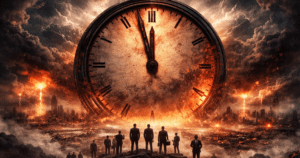On Sunday, 21 September 2025, the German capital was transformed into the world’s largest open-air sports arena as more than 80,000 runners, wheelchair racers, handcyclists, and skaters filled the streets for the 51st edition of the BMW Berlin Marathon. With participants from over 160 nations, the event once again cemented Berlin’s reputation as a global running capital.
The men’s elite race was dominated by Sabastian Sawe of Kenya, who clocked a stunning 2:02:16, the world-leading time of the year. Despite unusually warm conditions with temperatures soaring to 25 °C, Sawe maintained an extraordinary pace, pulling away early and never looking back. The women’s crown went to Rosemary Wanjiru, also from Kenya, who surged past her Ethiopian rivals to claim victory in 2:21:05, adding her name to the long list of African champions in Berlin. In the wheelchair category, Swiss stars Marcel Hug and Manuela Schär showcased their dominance once again, crossing the finish line first in their respective races.
This year’s marathon was not just about elite performances. The streets buzzed with excitement as Harry Styles, the British pop star, was revealed to have secretly run the full 42.195 kilometers under the pseudonym Sted Sarandos. Finishing in 2:59:13, Styles managed to break the coveted three-hour barrier, a feat many amateur runners dream of. His quiet participation added a layer of surprise and entertainment to the event, sparking conversation far beyond the running community. Other familiar faces, including former German footballer André Schürrle and athlete Felix Kroos, also joined the thousands pushing through the historic streets.
The Berlin Marathon course is renowned worldwide for being flat, fast, and scenic, weaving past iconic landmarks such as the Victory Column, Reichstag, and Brandenburg Gate before finishing on Unter den Linden. The layout, combined with broad streets and gentle turns, has made Berlin a magnet for record attempts. Over the years, it has produced countless world records, including Eliud Kipchoge’s legendary 2:01:09 in 2022. Although no new records were set this year, Sawe’s time was hailed as one of the strongest ever recorded under such warm conditions.
For Berliners, the marathon is more than just a race. It is a festival of endurance, community, and celebration, drawing crowds who line the streets to cheer for hours. Local bands and dance groups performed along the course, turning the event into a cultural showcase as much as a sporting contest. Restaurants and cafés overflowed with visitors, making the marathon weekend one of the city’s biggest tourism boosters of the year. The event highlights not only Berlin’s organizational excellence but also its ability to bring together people from every corner of the world in a shared pursuit of resilience and achievement.
The reason for Berlin’s global appeal lies in its combination of history, atmosphere, and speed. Unlike other major marathons that can be hilly or congested, Berlin offers a smooth path to personal bests, making it a dream for amateur runners aiming to break barriers and professionals chasing records. The tradition began in 1974 with just 286 participants and has grown into one of the world’s six World Marathon Majors, alongside Boston, London, Chicago, New York, and Tokyo. Today, it stands as a symbol of perseverance and progress, reflecting not only the evolution of marathon running but also Berlin’s transformation into a modern, global city.


















